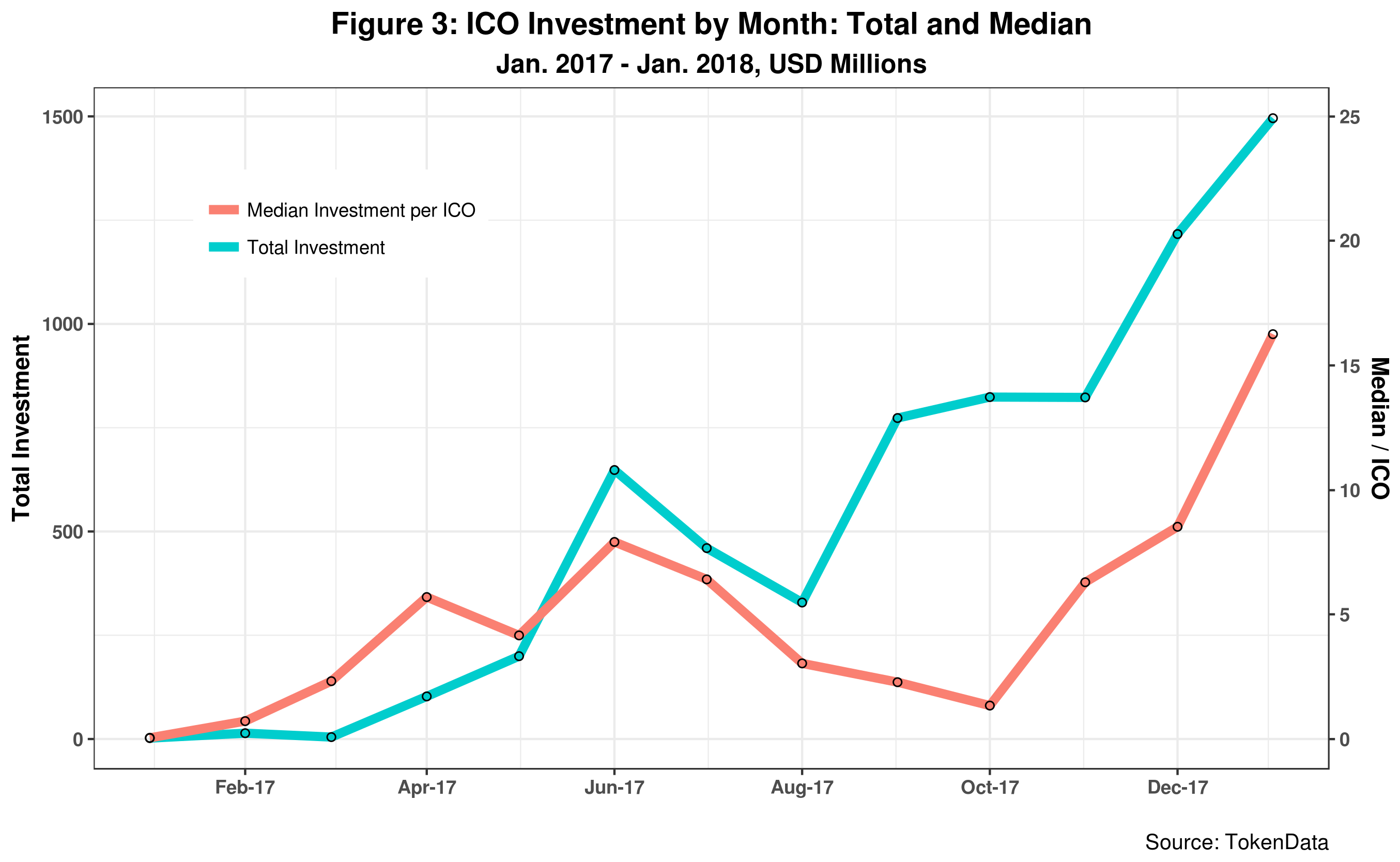Category: ICTD
-
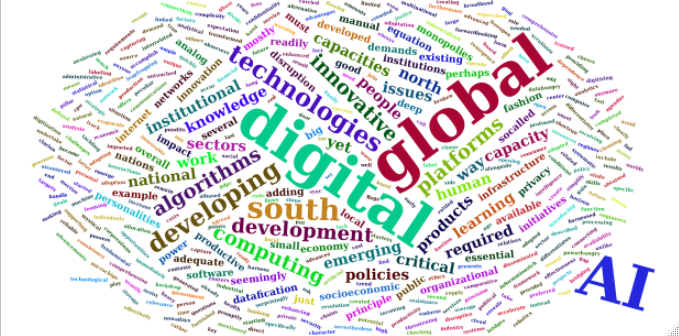
AI and Development
The current long wave of digital innovation has finally broken the last bastion of socio-economic resistance. While early advances transformed communications infrastructure and enhanced consumer interactions, the resurgence of Artificial Intelligence (AI) and all its relatives, alongside new technologies such as blockchains, have rattled seemingly immovable sectors of the economy thus opening the door for…
-
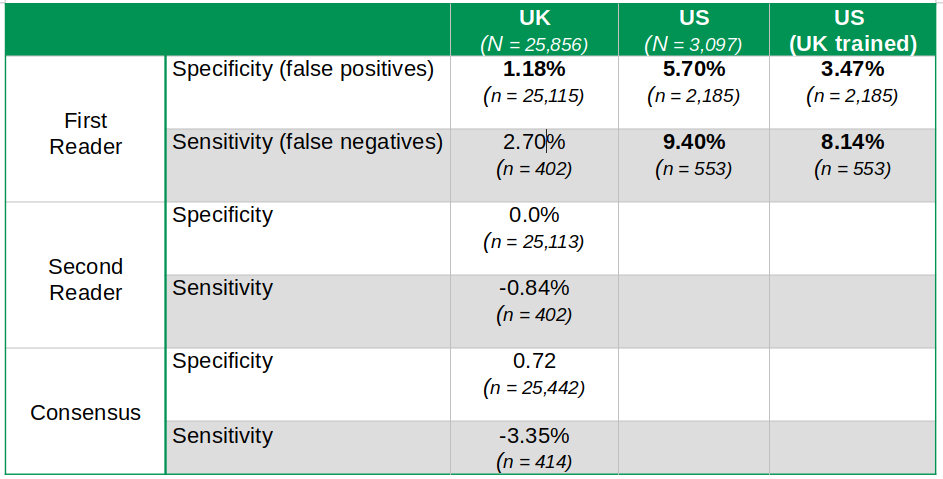
Deep Learning and Breast Cancer: Improving Detection?
A recent paper published under the auspices of Google Health makes a case for using deep learning algorithms to improve breast cancer detection. The research has been positively received by most and widely publicized as yet another victory of intelligent machines over weak, dumber humans. Only a few have been critical for good reasons. In…
-
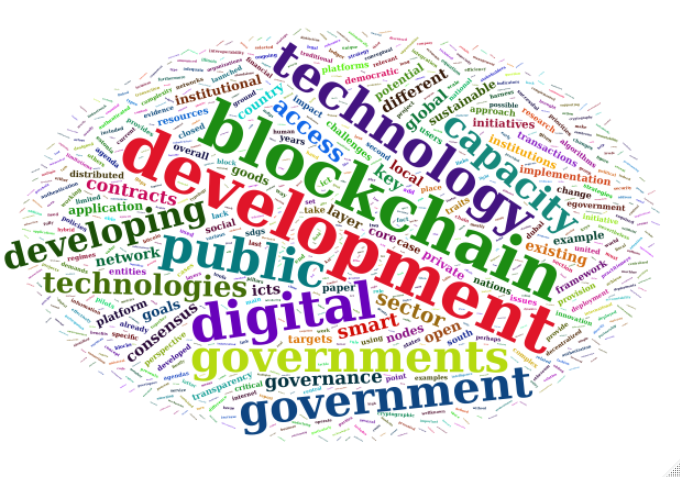
Blockchains in the Public Sector
My paper on blockchains for the public sector in developing countries has been published by Frontiers, one of the leading open-access and community-driven academic publishers. The paper develops an analytical framework that combines sustainable development, state capacity and digital technologies. In principle, the framework can be used to explore the adoption of technologies and innovation…
-
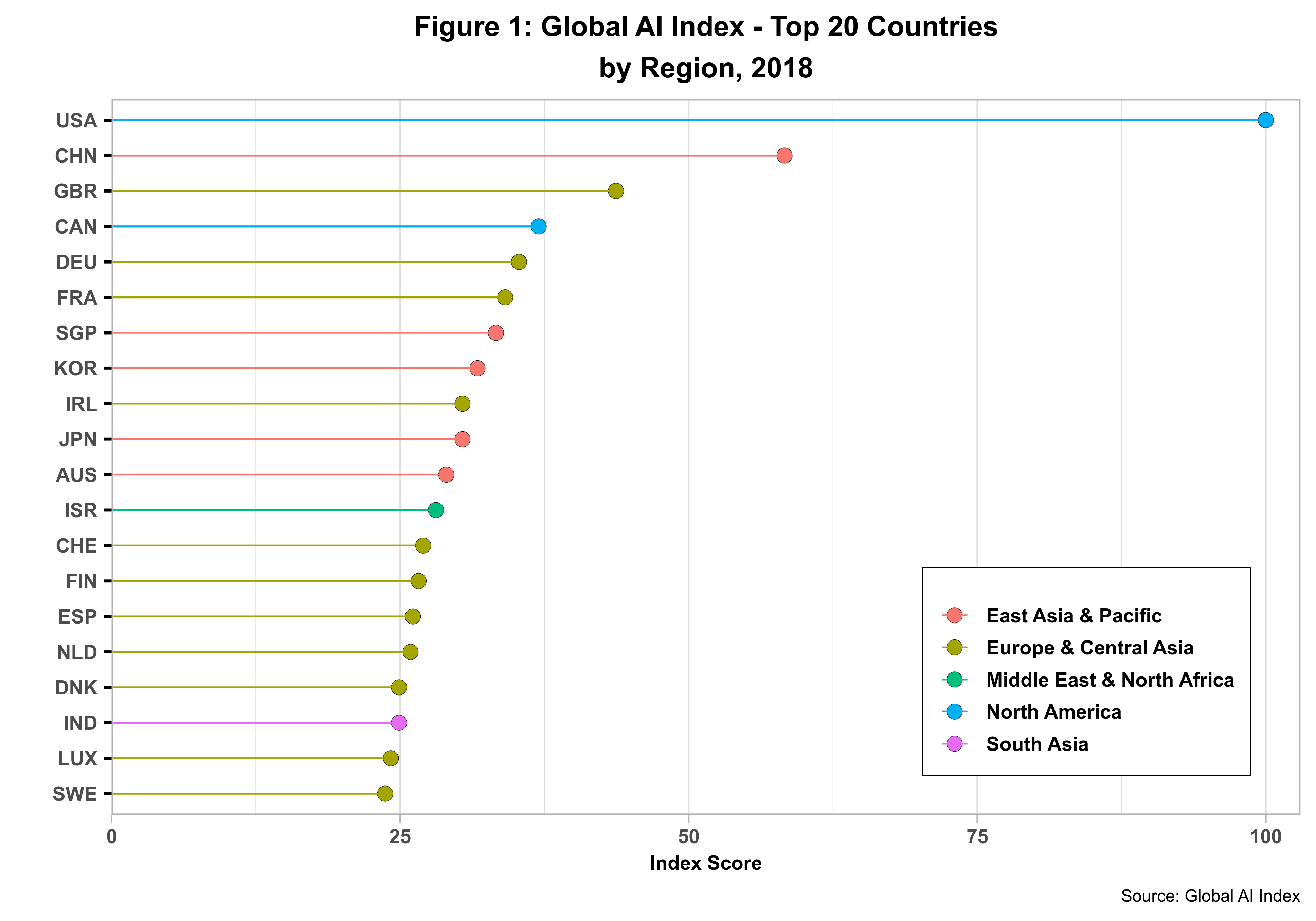
Yet Another Global AI Index
As Artificial Intelligence (AI) seemingly continues to permeate all interstices of society, measuring its undaunted progress in the age of data is more than a priority. In a previous post, I share some insights on the Global AI Readiness Index that covered almost all UN member states. The new Global AI Index (GAII), created by…
-

The Development Onion
Governments in developing countries are just one of the many players involved in promoting sustainable development – in many cases, with direct support from bilateral and multilateral donor organizations. However, governments are, in principle, bound by the overall development commitments they make at the national and international levels. There are indeed several different interconnected layers…
-
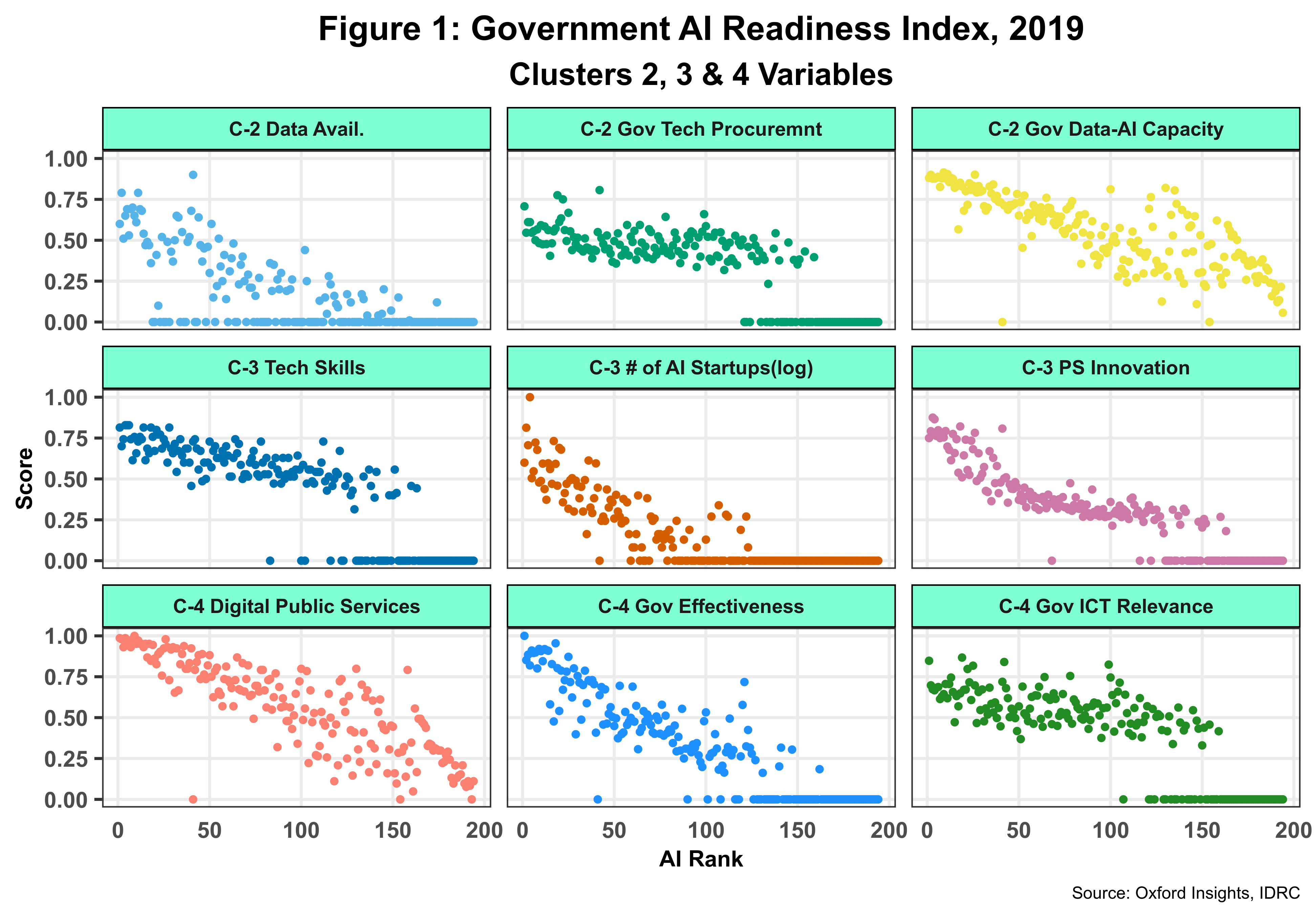
Measuring Artificial Intelligence Development
Artificial Intelligence (AI), including its siblings machine learning and deep learning, has grown by leaps and bounds in the last decade. More importantly, the technology has been deployed effectively in a wide range of traditional sectors, bringing real transformational change while raising fundamental socio-economic (joblessness, inequality, etc.) and ethical (bias, discrimination, etc.) issues. Today, AI,…
-
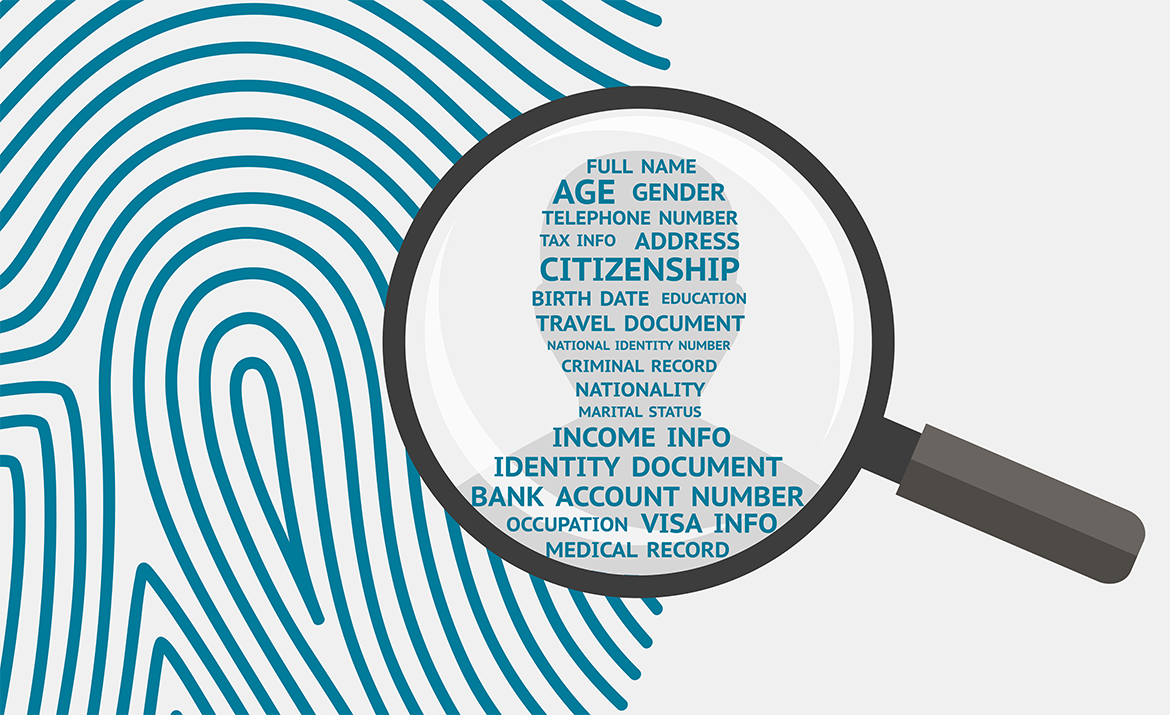
Blockchains and Digital ID, I
Overview Like previous technologies, such as the Internet, blockchains have been driven by a high degree of techno-optimism not yet backed up by on the ground impact or reliable evidence. Undoubtedly, the technology, which is still rapidly evolving, has enormous potential in many sectors and could promote human development if harnessed strategically. One of the…
-
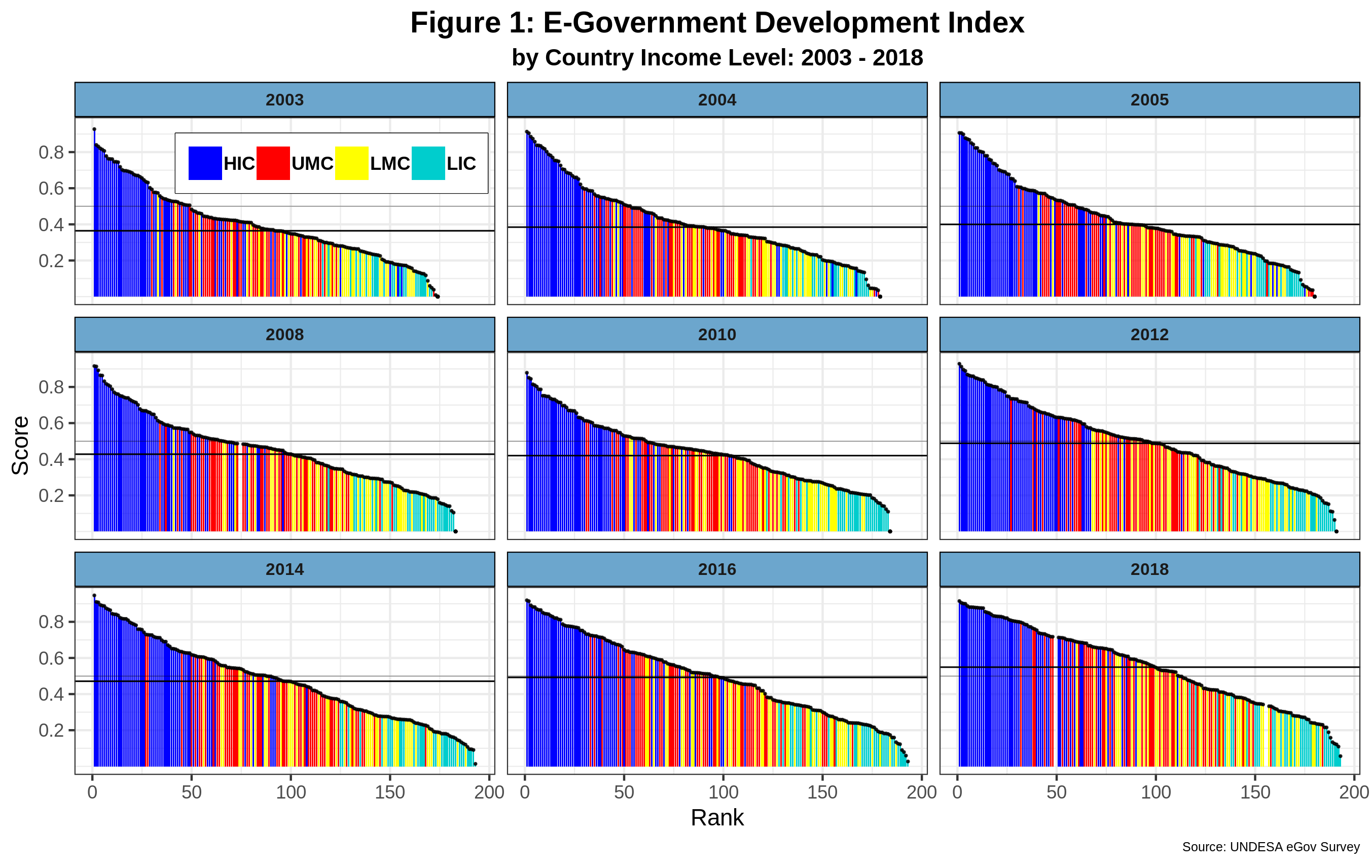
E-government Development I
Birth Running on the coattails of the now infamous dot-com bubble, e-government first saw the light of day before the end of the last Millennium. At that time, where hype overtook the tech scene yet again, adding ‘e’ (as in electronic) to almost any theme became quite fashionable. First in the scene was e-commerce (and…
-
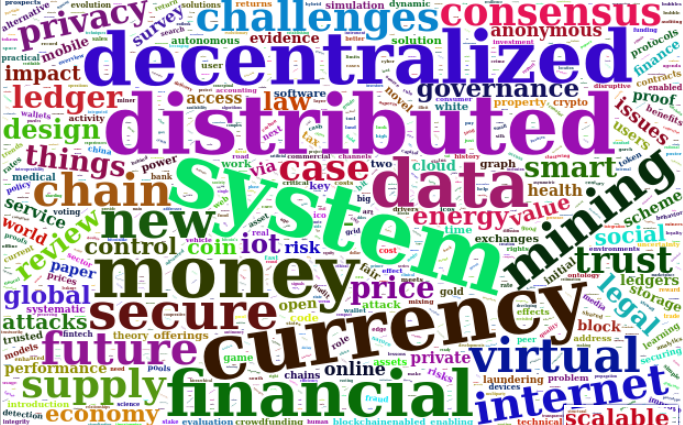
On Blockchains Research
Blockchain technology development has been accompanied by a substantial increase in related research. The latter usually trails new technology innovations, but it does tend to catch up in the short-term. Ten years after the emergence of blockchains, there is plenty of ongoing academic and other research. Keeping track of its volume requires some sort of…
-
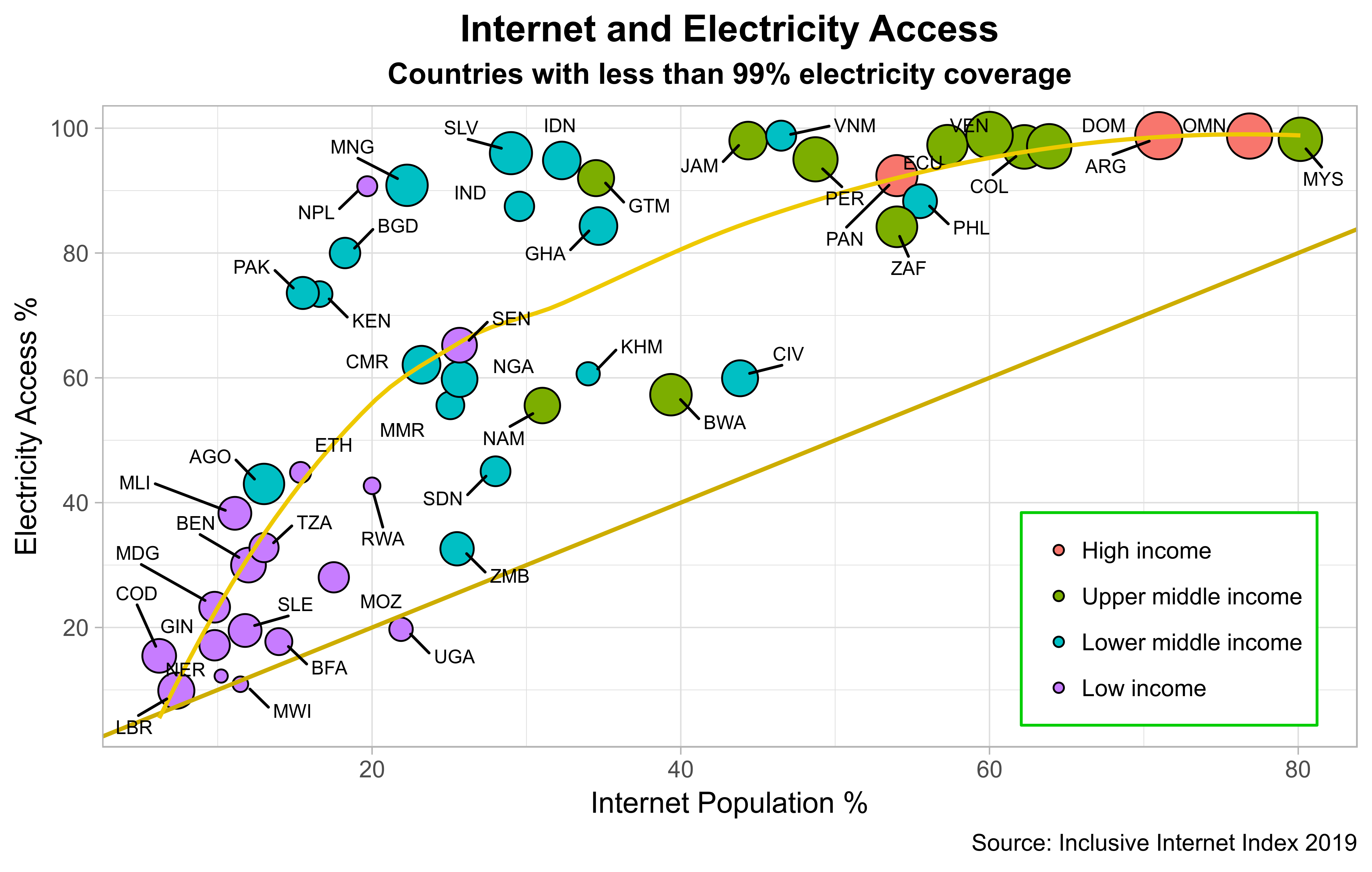
Powering the Internet
Infrastructure development has been one of the main concerns of Internet promoters. It is usually posited as one of the key obstacles impeding universal access to the global network. Digital divide concerns and calls to connect the next billion are perhaps the best-known examples of such worldview. For the record, this is not an Internet-only…
-
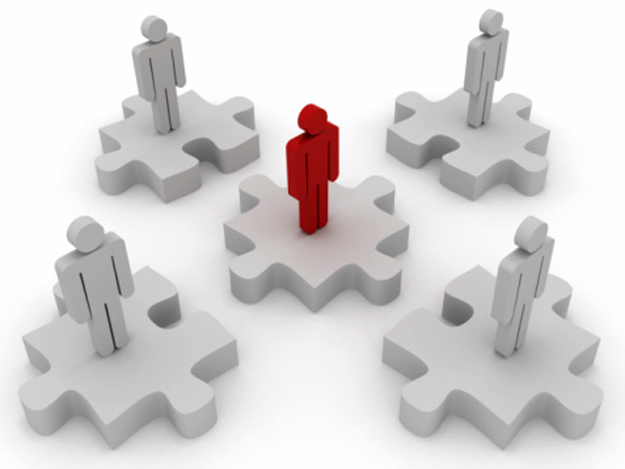
The Global Centralization of (Dis)Intermediation
Merchants are perhaps the most famous image of an intermediary, the not-so-loved “middleman” that buys cheap, sells dear, and becomes rich doing little work. Even in the supposedly dark Middle Ages, merchants could openly operate creating Merchant Guilds that promoted regional trade while protecting members from potential abuses by powerful landlords and countervailing the staunch opposition…
-

Case Study: WFP Building Blocks Jordan Refugee Pilot
[I wrote this edited draft case study for a larger blockchain research project led by The GovLab. The final project report included a shorter version of my draft.] 1. Overview Launched in January 2017, the World Food Program Building Blocks blockchain initiative targets over one hundred thousand refugees living in the Azraq camp in Jordan.…
-
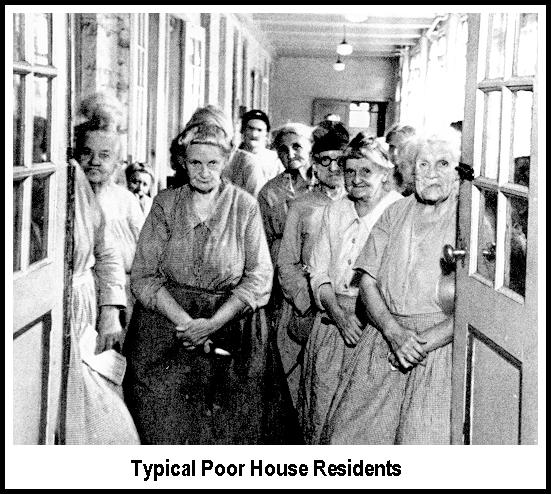
Algorithmic Inequality
Disruptive. One of the attributes that most use to describe in minimalistic terms the potential impact of new and emerging information and communication technologies (ICTs) in society. While its actual meaning can vary from one person to another, disruption is usually linked to dramatic short-term change where old and obsolete technologies, processes and institutions -not…
-
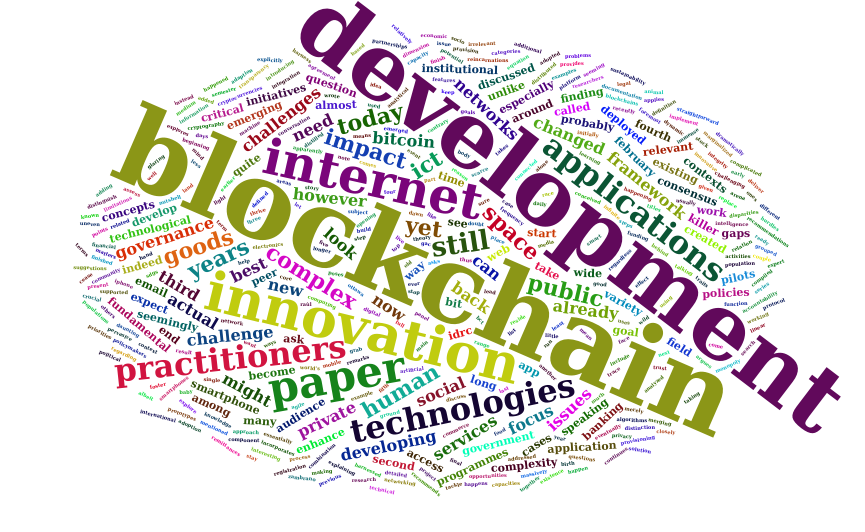
Blockchain Technology and Human Development revisited
I was invited to Canada to discuss my blockchain technology paper. Here are my opening remarks at the panel organized by Government Affairs and IDRC. Speaking about a seemingly complex subject such as blockchains poses a challenge not only for me but also for you, the audience. More so when the time is scarce. It…
